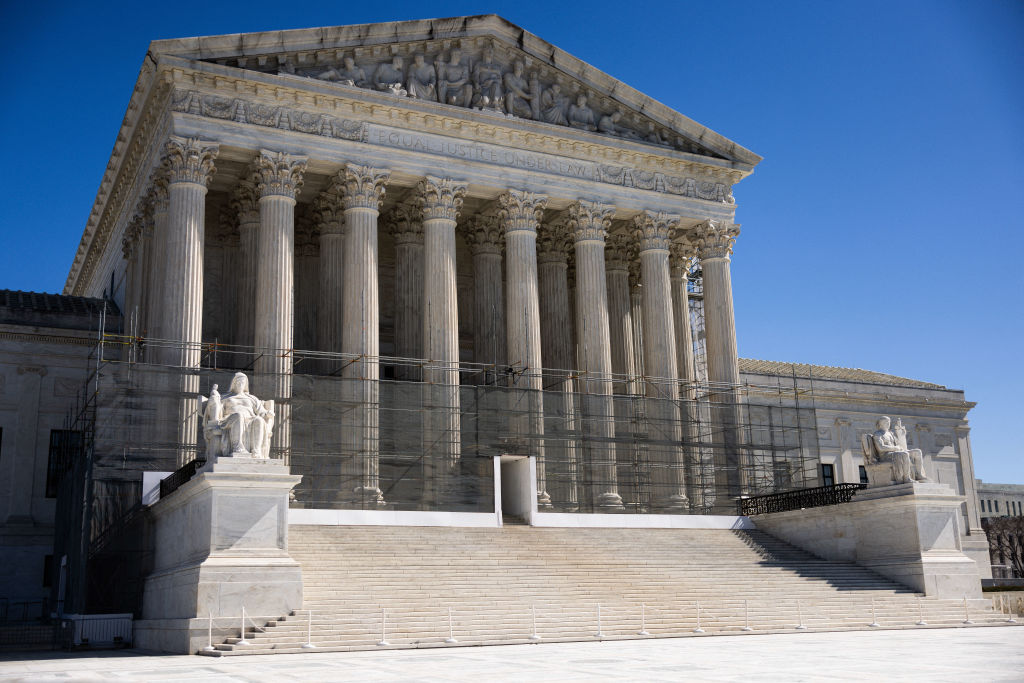Supreme Court will not address Ghislaine Maxwell’s appeal


The Supreme Court on Monday announced that it will not hear an appeal from longtime Jeffrey Epstein associate Ghislaine Maxwell, who is currently serving a 20-year prison sentence after being found guilty of sex trafficking of a minor, among other charges.
Maxwell had asked the justices to review a decision from the U.S. Court of Appeals for the 2nd Circuit on a non-prosecution agreement from 2007 that she believes should have prevented the U.S. Attorney’s Office for the Southern District of New York from pursuing some of its charges against her. The agreement, which was between Epstein and the U.S. Attorney’s Office for the Southern District of Florida, protected Epstein from certain future charges in that district, as well as “potential co-conspirators.” Specifically, it said, “if Epstein successfully fulfills all the terms and conditions of this agreement, the United States also agrees that it will not institute any criminal charges against any potential co-conspirators of Epstein.”
Maxwell contended that the co-conspirators clause was binding on every U.S. attorney’s office in the country because it said “the United States” instead of “this District” or “the U.S. attorney.” She urged the justices to overturn the 2nd Circuit, which held that a non-prosecution agreement is binding only in the region that made the deal unless the agreement “affirmatively shows” that it “was intended to bind multiple districts.”
Maxwell further contended that the 2nd Circuit’s ruling deepened a circuit split – that is, a division between two or more courts of appeals on a legal question – about how to determine the scope of a non-prosecution agreement. Unlike the 2nd Circuit, she said, the U.S. Courts of Appeals for the 3rd, 4th, 8th, and 9th Circuits have held that agreements referring to “the United States” or “the government” are binding across the country unless they state otherwise.
In the government’s response to Maxwell’s cert petition, U.S. Solicitor General D. John Sauer said that the co-conspirators’ clause in Epstein’s agreement is “highly unusual” and cannot easily be compared to other plea agreements. “The case-specific interpretation of a particular NPA is not a matter that warrants this Court’s review,” Sauer wrote.
The Supreme Court’s denial of Maxwell’s cert petition was announced on Monday morning’s order list, which revealed actions taken during the justices’ “long conference” on Sept. 29. The list included more than 30 pages of denied petitions.
Posted in Court News
Cases: Maxwell v. United States